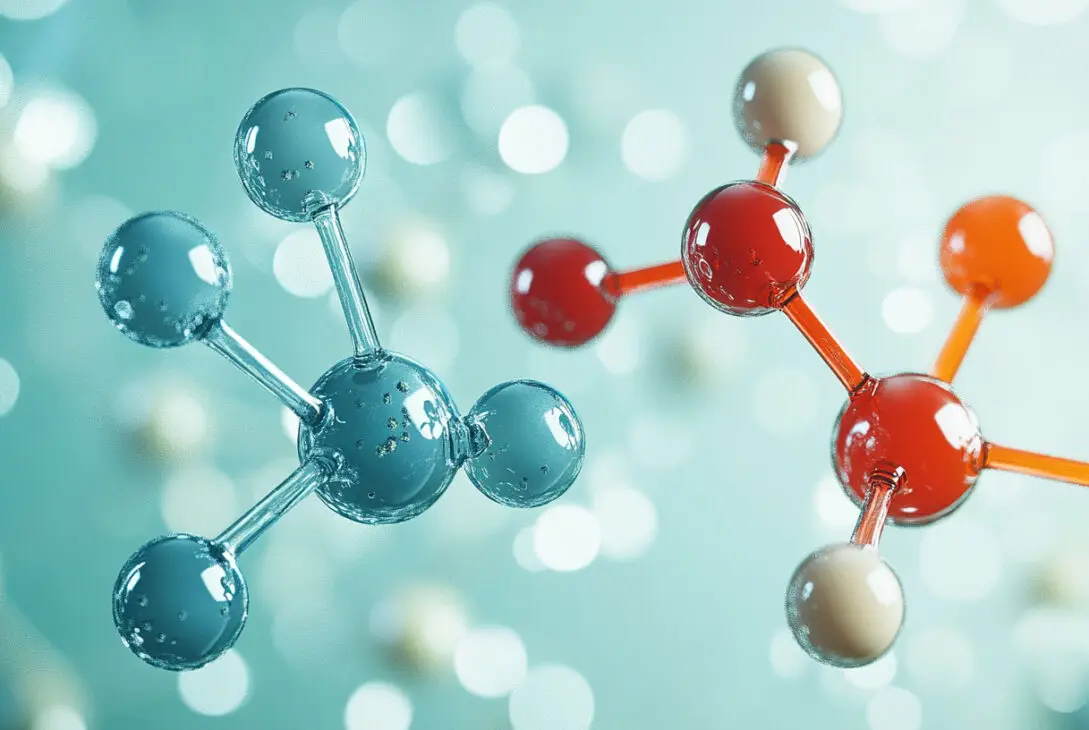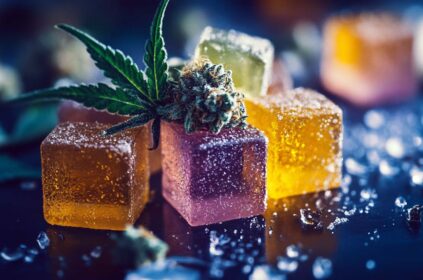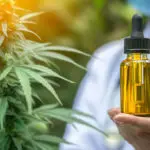Comparative Effects of Delta-8 and Delta-9 THC: A Comprehensive Guide
Introduction
In recent years, cannabinoids have stepped into the light, sparking curiosity for both new and experienced users alike. Among them, Delta-8 THC and Delta-9 THC stand out, each carrying its own characteristics, effects, and legal considerations. While they share similarities as products of the cannabis plant, their differences may greatly influence your choice, whether for recreational enjoyment or therapeutic benefits. This comprehensive guide will take a closer look at both Delta-8 and Delta-9 THC, providing insights that might help you navigate your options confidently.
Chemical Structure and Origin
Understanding the foundation of these cannabinoids begins with their chemical structures:
Delta-8 THC
- Origin: Generally obtained from hemp, Delta-8 THC can also appear in trace amounts in marijuana plants. The Delta-8 products on the market usually derive from hemp-sourced CBD through a conversion process.
- Chemistry: The key difference lies in its molecular structure. Delta-8 THC features a double bond on the eighth carbon chain, which affects how it interacts with the body’s cannabinoid receptors.
Delta-9 THC
- Origin: Delta-9 THC predominantly comes from marijuana plants that boast higher THC concentrations.
- Chemistry: With a double bond located on the ninth carbon atom, Delta-9 THC is typically more potent than its Delta-8 counterpart.
Potency and Psychoactive Effects
When it comes to the “high” sensations associated with THC, potency plays a crucial role.
Delta-8 THC
- Potency: Delta-8 is considered to have lower potency compared to Delta-9 THC. This is largely due to its weaker affinity for cannabinoid receptors, particularly the CB1 receptors in the brain.
- Effects: Users often report a smooth, clear-headed high that tends to be less intense. Delta-8 is associated with feelings of relaxation, mild euphoria, and soothing effects without a pronounced impairment of cognitive function. Additionally, it has been noted for its ability to reduce nausea and enhance mood without overwhelming sensations commonly associated with higher THC levels.
Delta-9 THC
- Potency: On the other hand, Delta-9 THC boasts a more robust psychoactive effect. Its stronger bond with CB1 receptors results in more intense experiences.
- Effects: Many users find relief in Delta-9 THC for conditions such as chronic pain or insomnia. However, its potency can also lead to anxiety, paranoia, and confusion in some individuals, particularly if consumed in excess.
Therapeutic Benefits
Both cannabinoids have carved out a niche for themselves in the wellness space. Here’s a look at their therapeutic properties:
Pain Relief
- Both Delta-8 and Delta-9 THC act as effective analgesics. Nonetheless, users often find Delta-9 THC more reliable for severe pain management because of its higher potency.
Anxiety and Paranoia
- Interestingly, Delta-8 THC seems to produce fewer anxiety-related side effects compared to Delta-9 THC. Users sensitive to traditional THC effects might feel more comfortable with Delta-8 due to its gentler nature.
Nausea Relief
- Both cannabinoids hold antiemetic properties, making them useful in easing nausea. Delta-8 THC, in particular, has found itself favored by many cancer patients undergoing treatments like chemotherapy, as it provides relief without the overwhelming effects that Delta-9 might produce.
Legal Status and Accessibility
Navigating the legal landscape can add layers of complexity to your THC journey.
Delta-8 THC
- Legality: Delta-8 THC embarked on its legality journey following the 2018 Farm Bill, which legalized hemp-derived products at the federal level. Nonetheless, state laws vary, and some states have moved to prohibit it.
- Accessibility: Generally more accessible, Delta-8 products are often sold in gas stations and specialty shops without the need for a medical card in many areas.
Delta-9 THC
- Legality: Unlike Delta-8, Delta-9 THC is categorized under more restrictive laws. It remains federally illegal unless designated for medical use in states where recreational use is also legalized.
- Accessibility: It can only be procured through licensed dispensaries in states that allow its medical or recreational use, limiting its availability compared to Delta-8 THC.
Side Effects and Risks
Understanding potential side effects helps to ensure a safer experience.
Delta-8 THC
- Common side effects include dry mouth and red eyes, yet many users report suffering from minimal negative experiences compared to Delta-9 THC. Users generally appreciate being able to enjoy its benefits without feeling overwhelmed by anxiety or confusion.
Delta-9 THC
- Users of Delta-9 THC often face a greater potential for negative side effects, including paranoia, confusion, and lowered blood pressure. Mitigating these risks involves careful dosing, beginning with smaller amounts to gauge personal tolerance.
Conclusion
Choosing between Delta-8 and Delta-9 THC hinges on understanding your personal preferences, potential health benefits, and the legal intricacies involved. Consider the following key takeaways:
- For Milder Effects: Delta-8 THC stands out as a favorable choice for those seeking therapeutic benefits without pronounced psychoactive effects. Its gentler profile fosters both comfort and functionality.
- For Stronger Effects: Delta-9 THC offers a more intense experience beneficial for severe symptoms but carries the risk of stronger side effects and legal restrictions based on your location.
Actionable Tips
- Consult a Physician: Before diving into either option, especially for medicinal purposes, check-in with a healthcare professional to set a well-informed path.
- Start Low and Go Slow: Whichever THC variant you choose, approach with caution by starting with small doses to avoid unwelcomed side effects.
- Check Legal Status: Always stay informed about the evolving legal landscape surrounding cannabinoids in your area to ensure compliance.
By taking the time to educate yourself on the comparative effects of Delta-8 and Delta-9 THC, you can forge a more informed path toward enhancing your health and enjoyment in ways that align with your lifestyle and needs.
For further exploration of cannabinoids and their benefits, feel free to dive into additional resources and articles about hemp and CBD.





















